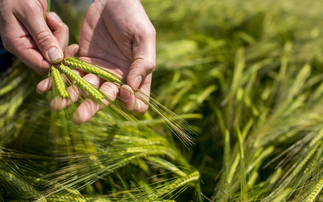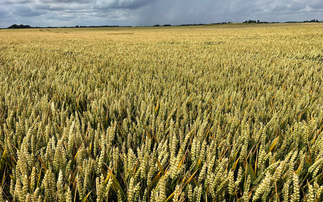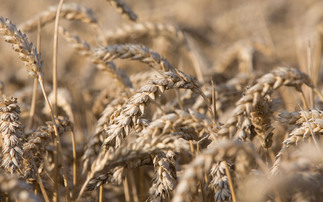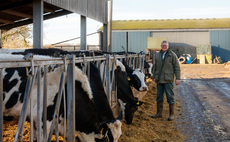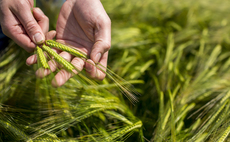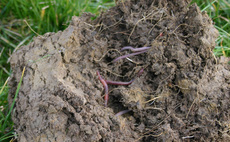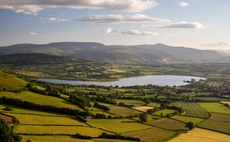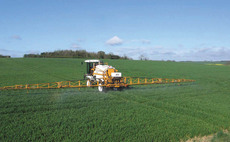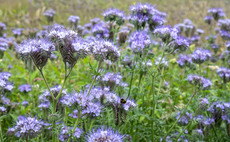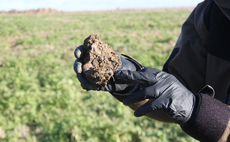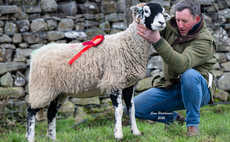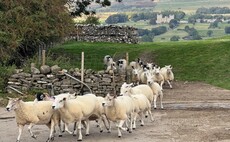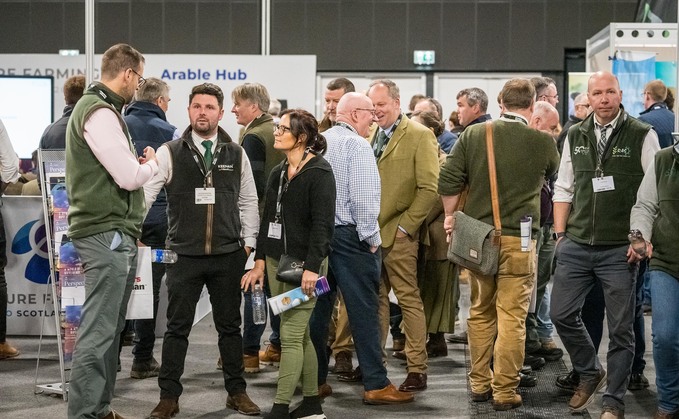
Clive Blacker, precision farming specialist at AgAnalyst, told a packed Arable Hub audience that, on average, growers in the UK are currently achieving 60 per cent nitrogen use efficiency [NUE]. However, they could increase this efficiency to 70-80 per cent, provided they first understand how to measure it accurately, said Mr Blacker.
With a higher focus on NUE because of policy changes and increased costs, measurement is often challenged by climate change, data availability and ambiguity of measurement techniques.
Mr Blacker said: "One of the challenges is that the soil component [of measuring NUE] is variable. Some will measure down to 90cm, some will measure to 60cm, and some will only do 30cm of topsoil."
NUE Profits
Mr Blacker is now working on a new four-year NUE project (NUE Profits) funded by Innovate UK. The project began in April and in its first year will investigate new technologies to help improve understanding of how much nitrogen is in the soil and what is being removed by crops.
The data is being collected from different sources, including weather station data from Sencrop, and it is hoped a farmer network will be created within the platform to combine information from forecasts and local weather stations.
Optical satellites are also being used to monitor crop parameters such as growth stages and development, and Yara's N-Sensor is being used to obtain N uptake data.
"I have always subscribed to the concept that we should use the plant as the N sensor; we have 200 plants per square metre so why do we not use them as sensors, as they are ultimately in the soil making all the decisions," said Mr Blacker.
The trials also include the use of soil moisture probes at four different depths and six different soil temperature probes.
In addition, soil sampling, leaf, tissue, grain, and straw analysis will be undertaken at different stages of the season to build a full reporting platform.
Read more: Calculating yield responses to fungicide applications
Soil temperature and nitrogen
Analysing winter wheat nitrogen data between 2020 and 2021 showed substantial differences in the time it took for N to be taken up by the crop.
The data showed that soil N supply (SNS) was significantly higher than the crop requirements. However, testing revealed plants were N deficient, which was initially thought to be due to the lack of rainfall.
Mr Blacker said that he was "staggered" by the speed N was taken up by the crop after 10mm of rainfall, but compared to spring 2020, spring 2021 was also very cold.
Mr Blacker said: "We were horrified by the amount of time it took to get the N into the plant. We thought initially it was because there was not enough N, so we decided to make another application.
"Eventually the plants reached N sufficiency, but that whole colder season we struggled to get N into the crop."
Comparing the two years' results, Mr Blacker concluded that, based on the data provided by the sensors, soil temperature had a bigger effect than soil moisture on N uptake . When soil temperature dropped below 10degC, N uptake was limited.
He said: "It is something that we are trying to learn [more about] through the project, but we were really surprised that there was such a correlation between soil temperatures even into late May 2021 - when the soil got below 10degC, plants struggled to get hold of N."
Read more: Where to start with plant health testing
More information
Future Farming Expo was held on October 10 -11 at P and J Live in Aberdeen.
There were eight sector hubs which delivered sessions across the two days alongside an exhibition, all designed to provide advice and guidance for growers.








